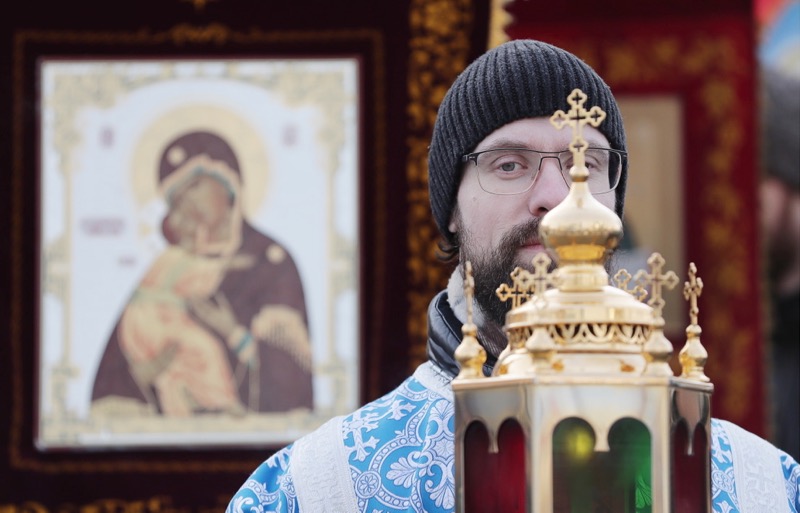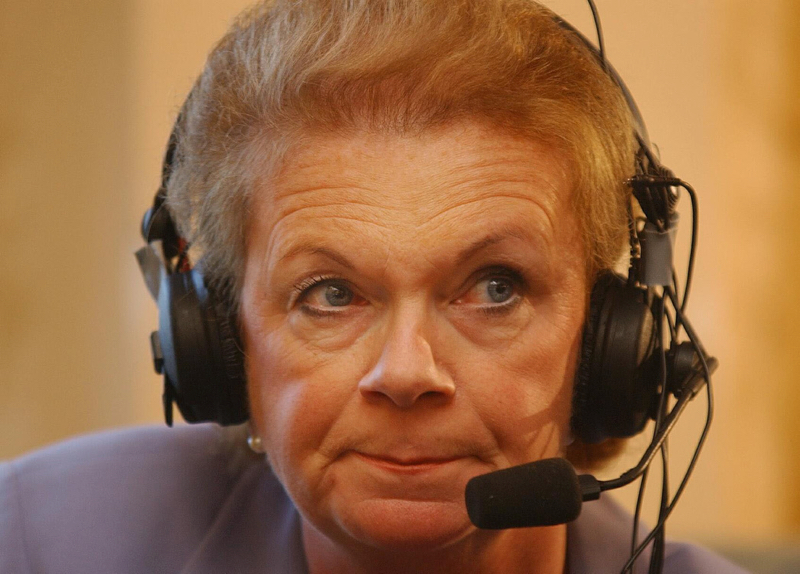Improvement in safeguarding are still needed in two Catholic dioceses in Scotland but much progress has been made, according to audit reports.
The archdiocese of St Andrews and Edinburgh and the diocese of Galloway were chosen for audits that were carried out by the Social Care Institute for Excellence (SCIE) and Children in Scotland (CiS). The other six Scottish dioceses will also be audited in future.
The Scottish Catholic bishops set up the independent review group, which commissioned the audits, with the aim of monitoring progress on the 2015 McLellan Commission review of safeguarding in the Catholic Church in Scotland, as well as to ensure a "robust" system of safeguarding for children and vulnerable adults.
This was the first exercise such as this in Scotland although 42 have been carried out in the Church of England and SCIE also audited the Birmingham Catholic diocese. Motherwell and Aberdeen dioceses will be audited this year.
In St Andrews and Edinburgh, the auditors found that progress had been made in "difficult circumstances" in terms of the management of the Archdiocese under the previous Archbishop, the wider ramifications of court cases against priests in other areas in Scotland and the continuing media attention on the Catholic Church within Scotland and internationally.
There are now clearer and more transparent structures and processes, good working relationships with external agencies, new training, better record keeping and improving links with other organisations.
But the report continues: "While there are clear improvements in the processes, there has not been the same progress in achieving a rebuilding of trust and relationships to allow a safe safeguarding culture to flourish."
It adds: "What is clear is that there is more work is needed to repair and build trust in safeguarding processes. A more supportive approach from leaders to understand and empathise with the view of survivors of any abuse as well as acknowledgment for priests who support them is needed otherwise the divide between those who seek to challenge, for the good, any aspect of the Church and those who lead it will increase."
It calls on all involved to be brave to allow for difficult conversations to help build trust and relationships. "Processes and procedures will only be effective in a culture of openness, trust, transparency where all are treated in a manner which is fair and just," it says.
It also criticises the use of non-disclosure agreements, or NDAs. The report says: "Many contributors spoke or wrote about secrecy and a lack of transparency, and this was also reflected in some of the papers and documents in the case files. The auditors saw one example of the use of non-disclosure agreements requiring individuals to deny both the details of a situation and that there was a ‘situation’ in the first place. The auditors are told that the Archdiocese understands why non-disclosure agreements are no longer to be used, however there does not appear to have been efforts to resolve situations already covered by them."
The report also notes: "The auditors also saw one example of the use of independent case review as part of the audit process, but it is not routine to make findings publicly available and non-disclosure agreements have been used with individuals involved as means of actively keeping the existence of and findings of such reviews out of the public domain."
The auditors ask: "What has been done to-date to make public the position of the Archdiocese on the inappropriateness of the use of non-disclosure agreements in relation to safeguarding so it is widely known?"
The audit of Galloway welcomes a "turning point" achieved with the appointment of a new safeguarding officer, but notes that skepticism and strong feelings remain, especially over the case of Paul Moore, a priest who has now been laicised and who was jailed for eight years in 2018 for sexually abusing three children and a seminarian.
The audits come in the wider context of the ongoing Scottish Child Abuse Inquiry set up in 2015 to look at the abuse of children in care.
Helen Liddell, chair of the independent review group, said: “It takes courage to expose yourself to the kind of rigorous audit published today, and to be the first is even more difficult, so I am grateful for the cooperation of the dioceses and the support of the Bishops’ Conference of Scotland. This is a learning exercise, and, although we can never take away the pain of those who have suffered abuse, hopefully survivors of abuse will be reassured by the rigorous exploration of how each diocese handles safeguarding and by the willingness to learn lessons and change procedures that have, in some cases, developed over decades.
She continued: "We owe a debt of gratitude also to those in the dioceses, both clergy and laity, who sometimes had to face up to examining some actions in the past that they had no part in but had to live with the consequences, sometimes with deep pain. As this first stage concludes, the IRG acknowledges the sheer determination of all who have participated in this to make sure those who are vulnerable are as safe as possible. Never again will we assume that the vulnerable are safe. Never again will there be a hiding place for the abusers of those we love.”



 Loading ...
Loading ...